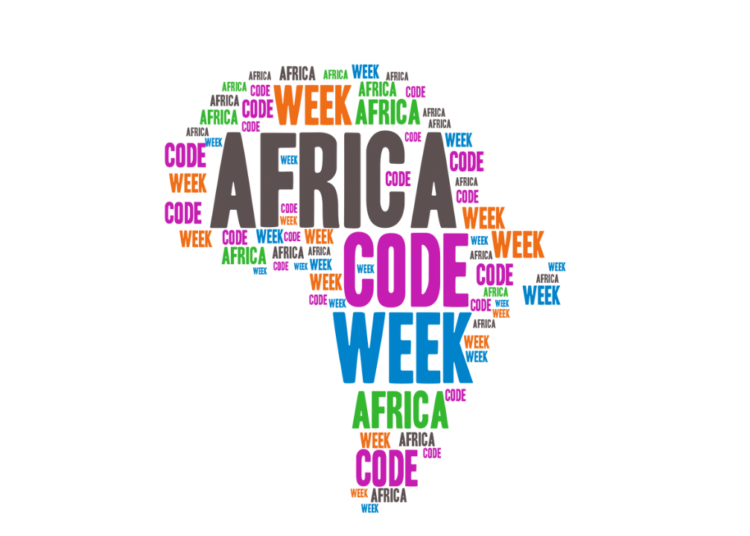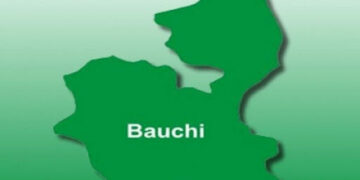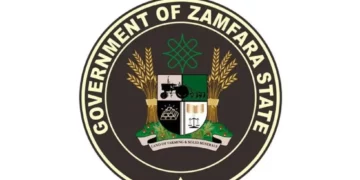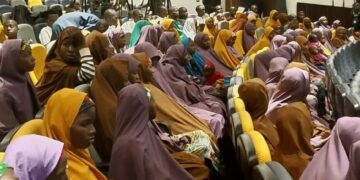The International Finance Corporation (IFC) report has showed that an estimated 230 million jobs in sub-Saharan Africa will require digital skills in 2030, even as Africa’s biggest youth digital skills initiative, SAP Africa Code Week (ACW) has engaged over 2.6 million youths in 2022, by equipping them with 21st-century skills.
Senior director of corporate social responsibility, EMEA and MEE at SAP, Claire Gillissen-Duval, in a press statement, made available to LEADERSHIP, said, since ACW’s launch in 2015, SAP, UNESCO, the Association for the Development of Education in Africa (ADEA) and Irish Aid, share a common goal to empower young people with the digital skills set they need to ensure they are prepared for the workforce of tomorrow.
Through 37,121 workshops held across the continent, Gillissen-Duval disclosed that, SAP is thrilled to report that more than 48 per cent of participants were female, with an additional 9,900 youth with special needs, adding that, “today’s digital world is continually evolving and changing through the rapid adoption of technology, this is widening Africa’s digital divide with even more marginalized and underserved communities getting left behind.”
Partnerships are at the core of the SAP ACW model, UNESCO’s assistant director-general for communication and information, Dr. Tawfik Jelassi, has averred, adding that, in 2022, Morocco has led the continent’s conversation around equipping young people with digital skills, followed by Nigeria and Cameroon.
“This year, we saw 1,4 million participants from Morocco, 100 000 in Nigeria, and in Cameroon, we had 897 000. One of the reasons behind the major success of ACW in those countries, and especially in Morocco, has been partnering with the governments and particularly, with the Ministries of Education,” Jelassi explained further.
Over the past seven years, close to 14 million students and teachers from 48 countries have been empowered with digital skills through ACW, president of SAP’s EMEA South region, which includes Southern Europe, the Middle East, and Africa, Emmanuel Raptopoulos, said, adding that, 2023 will now see the coding program shift into second phase by accelerating this process even further to ensure greater impact and reach.
“There are approximately 300 million[i] young people in Africa, and our goal is to empower each and every one of them with digital skills,” says Emmanuel Raptopoulos. A vision like ours requires all stakeholders to work together and collaborate for the betterment of the continent and its future leaders. This is why the ACW curriculum will be handed to governments to support them in introducing coding into school curricula,” Raptopoulos added.





